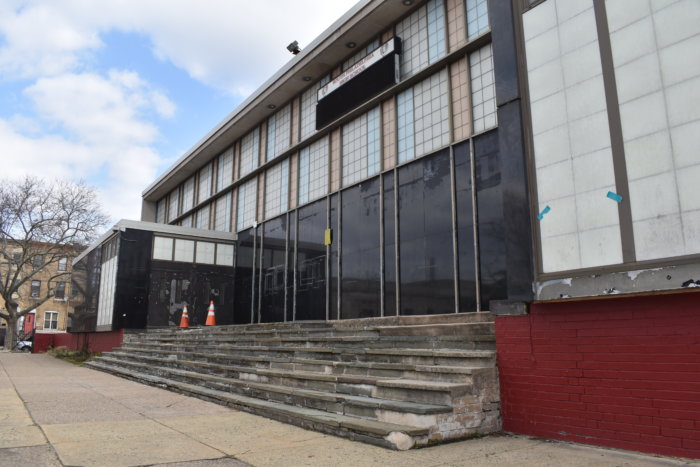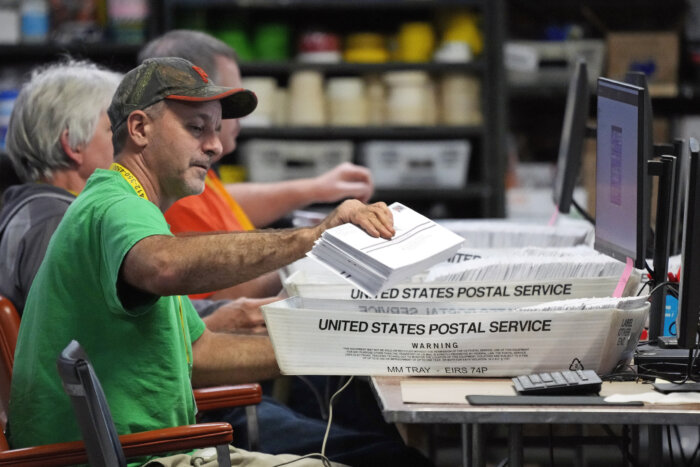This week, the region’s leading companies, entrepreneurs, digital leaders and workforce development organizations convene for Philly Tech Week. It’s the 11th time the event has been hosted, but this year’s event comes at a time unlike any of us have ever experienced.
The tech industry is at a crossroads, in more ways than one. First, as we begin to return to a sense of normalcy, the past year of almost total reliance on technology and virtual interactions will not leave our world unchanged. Companies across industries were forced to replace human capital and tasks with technology and we’re just now beginning to understand what this will mean for the “future of work.” Concurrently, a national racial justice movement has brought new life to conversations around diversity, inclusion, representation and equitable opportunity – all topics crucial to the growth of our tech workforce, industry and our city.
At the core of this crossroad – the intersection of talent and equity. With the automation of lower-skilled tasks and increased dependency on technology comes the need for more digital talent. And with companies re-examining antiquated hiring practices and committing to hiring more diverse talent, the need to cultivate local talent is imminent.
Luckily, Philadelphia is home to so many innovative programs lowering the barrier to entry into high-demand, high-paying digital jobs. LaunchCode, a training and job placement program newly-expanded to the region, is one effort attempting to skill up a large number and wide range of people in a short amount of time. Since the course is free and part-time, the typical LaunchCode student is a career-changer coming from an entirely different industry or educational background, but wanting to learn tech skills and enter the industry. The program joins the ranks of other nonprofit organizations like Hopeworks and the Urban Technology Program, all working to provide skills to ensure no one is left on the sidelines of our quickly changing workforce. Other programs like Coded by Kids are addressing the pipeline early on by exposing children from underrepresented groups to industry-relevant technology.
Because these alternative pathways are accelerated and more accessible, we’re seeing a much wider range of demographics enter the talent pool than ever before. As you can imagine, post-pandemic, many applicants are coming from industries that either the pandemic left decimated or where they found new inspiration, discovering the cross-section between technology and their work.
These programs are changing the face of technology, but in order to make real change, we need employers’ recruiting and hiring practices to catch up to the shift, know these pipelines exist and open their minds to hiring from non-traditional training-to-job pathways. There are so many challenges facing today’s tech companies, but with challenge, comes space to innovate and flip traditional practices on their heads. And if companies opened their minds to hiring for skill and potential to learn rather than resume credentials, diversifying their teams would happen organically.
The truth is the “future of work” is here now and we must ensure Philadelphia is positioned as a place where companies can stay and grow. We’ve made huge strides in getting digital skills into the hands of more people – no matter their zip code, race, sex or educational background. Next on the list – ensuring companies are actually hiring them.
We know creating skilling will be a central topic during this year’s Philly Tech Week and we hope you’ll join in on the conversation.
Keighan Gunther is the AVP of LaunchCode, a nonprofit cultivating homegrown talent pipelines with free, accessible tech training and job placement services. Alia Sutton-Bey is the Director of Operations & Youth Development of Hopeworks working to build a truly equitable tech talent pipeline for the Greater Philadelphia area and country.
































